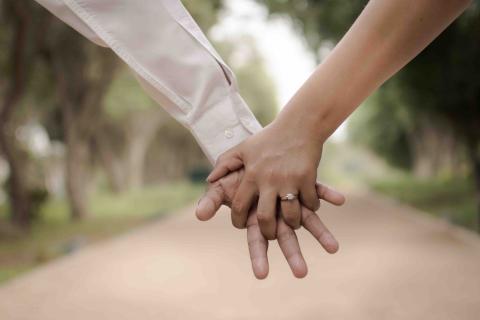
312-981-0409
33 N Dearborn St 10th Floor, Chicago, IL 60602
Serving Clients Across 7 Illinois Locations
Georgia Judges Split on Case of Wedding Catering Food Poisoning

Generally, a party whose negligence is deemed to be the cause of one or more victims' food poisoning is liable for those victims' related financial damages. Victims can seek compensation for their damages through personal injury claims, but this is not always a simple, straightforward process. It can be difficult to pinpoint a case of food poisoning to a specific food item or prove that the victim's illness could have been prevented through better care on the part of the food vendor.
An example of this is the food poisoning case currently moving through courts in Georgia. Wedding guests who became ill after eating food provided by a caterer wanted to sue the caterer for their damages, but the court ruled that they could not pursue a lawsuit because of a lack of substantial evidence linking one guest's Salmonella illness to the catered food eaten at the wedding rehearsal dinner and the lack of proof showing that another affected guest's illness was Salmonella poisoning. The Georgia Court of Appeals reached a 5-4 split on the case. The plaintiffs' attorney will appeal the case to the Georgia Supreme Court.
Evidence is Critical in a Food Poisoning Claim
Evidence can be direct or circumstantial. Direct evidence is evidence that cannot be debated, such as laboratory testing on the food in question and the victim's stomach to find that specific food poisoning bacteria was transferred from the food to the victim. Circumstantial evidence is evidence that points strongly to the correlation between the allegedly defective food and the victim's illness when all other reasonable hypotheses can be deemed incorrect through evidence the plaintiff provides.
When an individual pursues any type of personal injury claim, the burden of proof is on him or her. This means he or she must prove the link between the other party's negligence and his or her suffering, rather than the defendant proving the lack of such a link.
Appealing a Case After it is Not Resolved Favorably
When an individual feels the court did not utilize the law correctly in its original ruling, he or she can appeal the case to another court. Through this process, the case receives another hearing, which could end with a new ruling or an affirmation of the original court's ruling. Appealed cases move to the appellate court and from there, may be appealed again to a higher court, such as the state supreme court.
Work with an Experienced Arlington Heights Food Poisoning Attorney
An experienced food poisoning attorney can be critical to your personal injury claim's success. If you suffer from food poisoning and you suspect it could have been prevented through greater care on the part of a server, cook, food handler, or food vendor, consider working with a member of Newland & Newland, LLP to pursue a food poisoning claim. To learn more, contact our office to schedule your initial consultation with us. We serve clients in the Arlington Heights, Palatine, Rolling Meadows, Libertyville, Mundelein, Buffalo Grove, Schaumburg, Elk Grove, and Itasca areas.
(image courtesy of Paul Garcia)
-

Foreclosure and Bankruptcy
Visit Website -

Real Estate and Estate Planning
Visit Website -

Personal Injury
Visit Website

 Spanish
Spanish Cantonese
Cantonese















